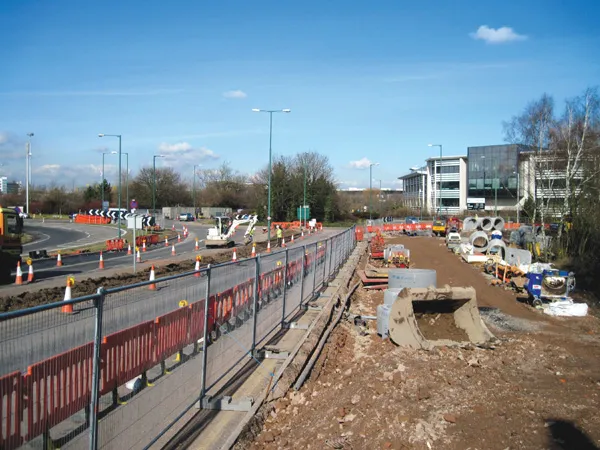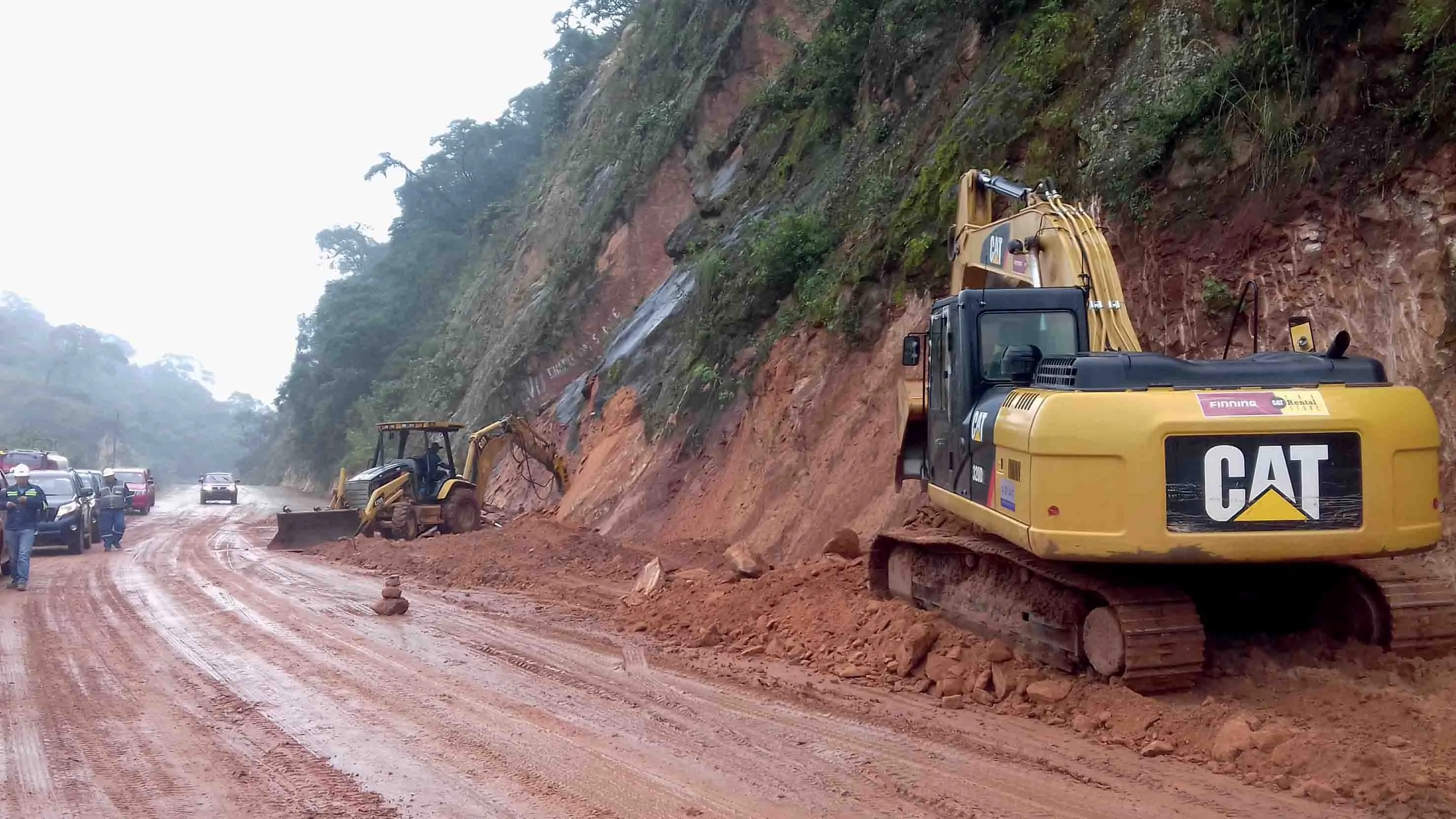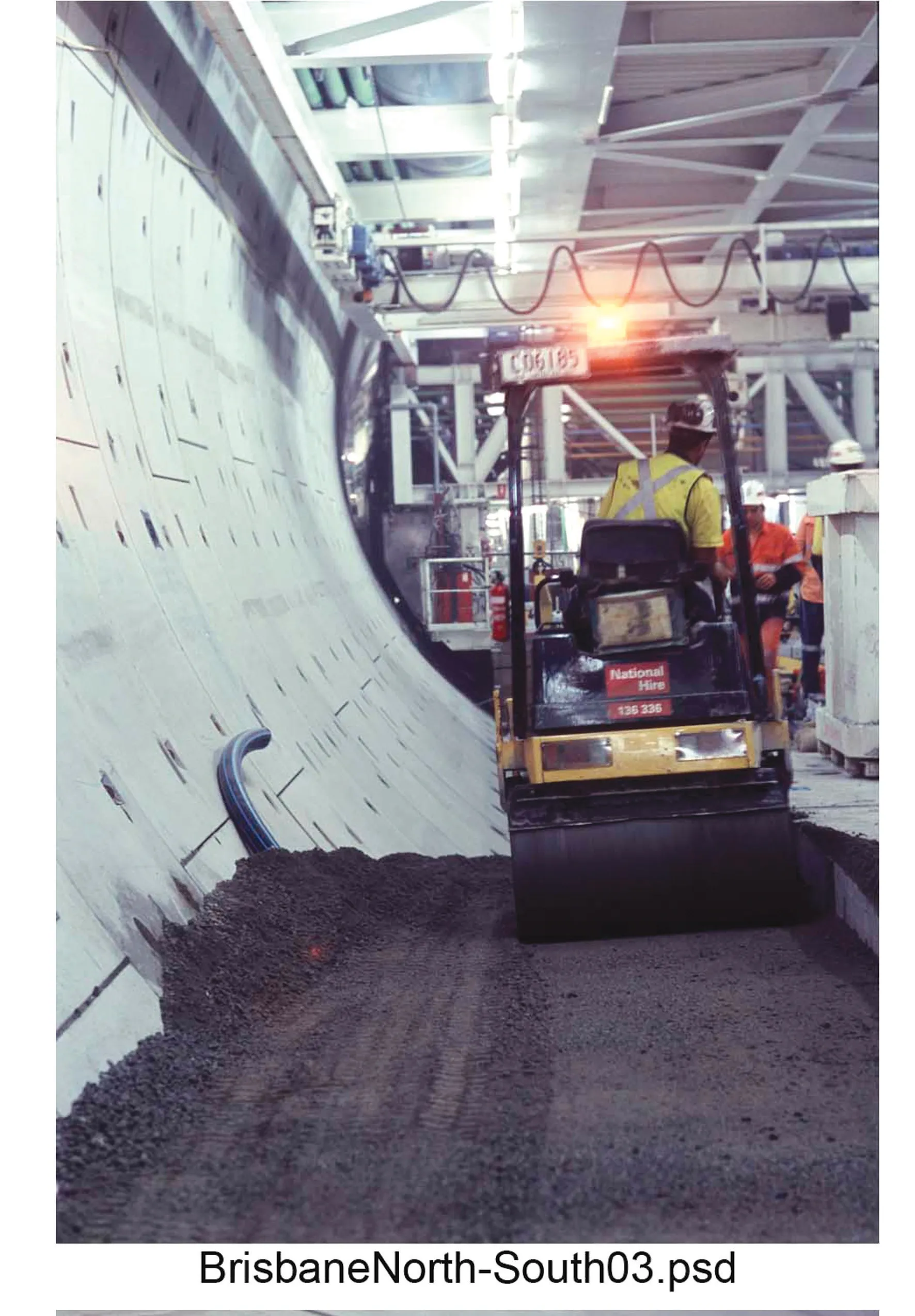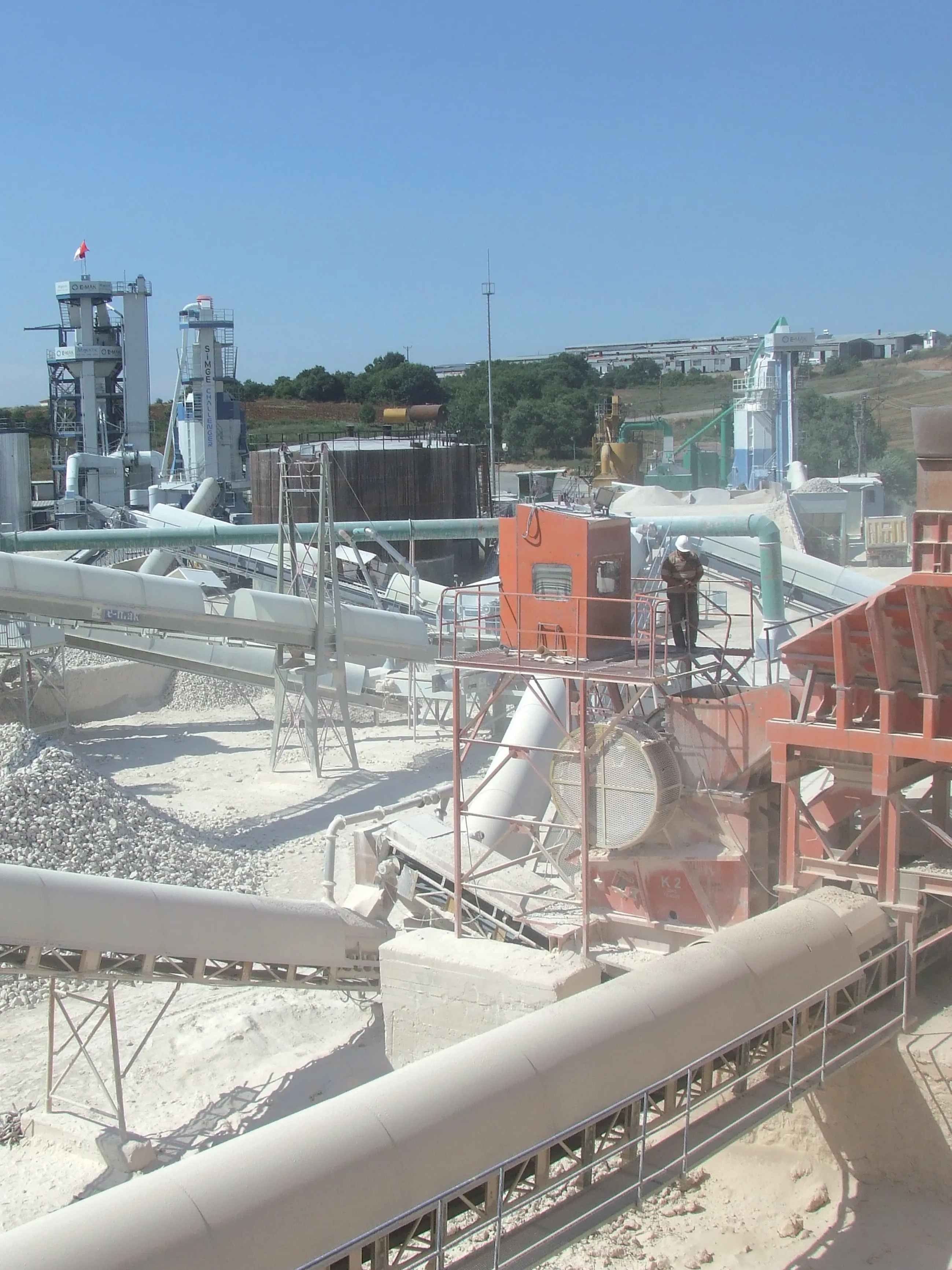Using demolition tools from Atlas Copco helped to maximise productivity on a highly time-sensitive project in Germany. The A3 autobahn runs from the Dutch/German border through the western part of the Ruhr area, the Cologne area, the Rhine-Main area and Bavaria down to the Austrian border at Stuben. It is one of the most heavily used highways in Germany and because of increasing traffic volumes, widening the road to six lanes has become necessary.
July 6, 2012
Read time: 2 mins
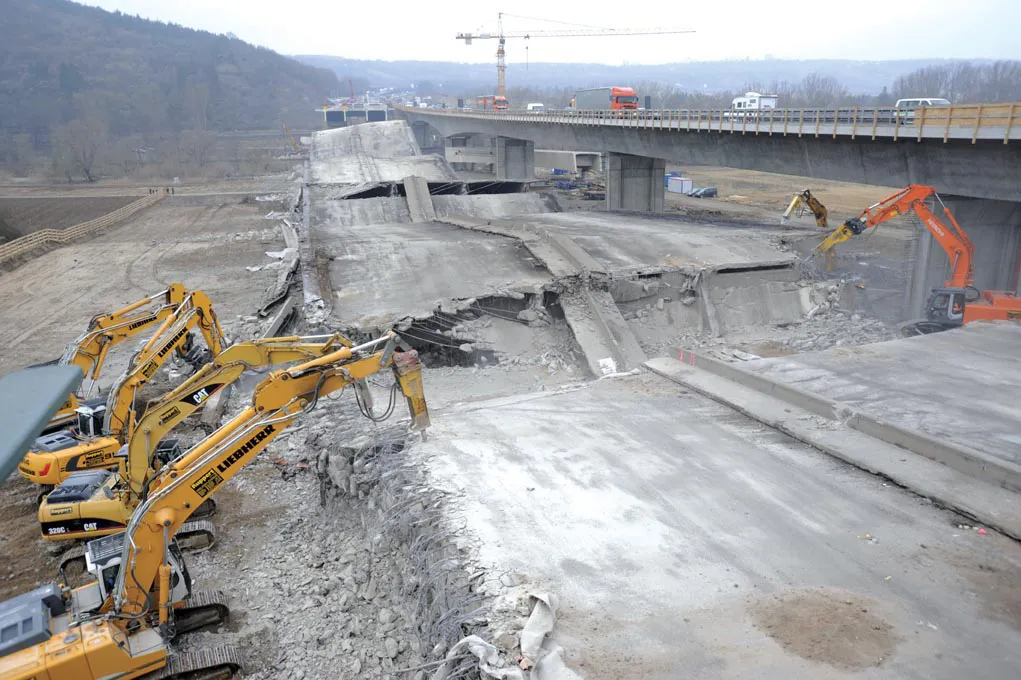
Using demolition tools from 161 Atlas Copco helped to maximise productivity on a highly time-sensitive project in Germany. The A3 autobahn runs from the Dutch/German border through the western part of the Ruhr area, the Cologne area, the Rhine-Main area and Bavaria down to the Austrian border at Stuben. It is one of the most heavily used highways in Germany and because of increasing traffic volumes, widening the road to six lanes has become necessary.
Near Randersacker an old bridge crossing the river Main built in 1964 was demolished using explosives and a new wider one was erected just 3m away. This new bridge is already in use.
After the 540m long Main bridge was blown up, the B13 underneath the bridge was to be re-opened to traffic in just 48 hours. This required some 1,500m3 of reinforced concrete which collapsed on this particular section of the B13 to be crushed and another 800m3 of a layer provided to protect the top surface of the road to be removed. Across the entire length of the former pre-stressed steel bridge, a total of 25,000m3 of reinforced concrete had to be taken care of.
Eight Atlas Copco hydraulic breakers with service weights from 1.2-7tonnes were used for the job by the contractor Ruppert KG Erdbau + Abbruch while six hydraulic pulverisers were used to crush the bridge fragments on the spot. Part of the bridge could not be demolished using explosives and was instead cut down using Atlas Copco CC 2500 U and CC 3300 U CombiCutters mounted on718 Liebherr R954 and R974 long reach excavators. The B13 was already cleared after just 36 hours, so that the Federal road could be opened to traffic much earlier than scheduled.
Near Randersacker an old bridge crossing the river Main built in 1964 was demolished using explosives and a new wider one was erected just 3m away. This new bridge is already in use.
After the 540m long Main bridge was blown up, the B13 underneath the bridge was to be re-opened to traffic in just 48 hours. This required some 1,500m3 of reinforced concrete which collapsed on this particular section of the B13 to be crushed and another 800m3 of a layer provided to protect the top surface of the road to be removed. Across the entire length of the former pre-stressed steel bridge, a total of 25,000m3 of reinforced concrete had to be taken care of.
Eight Atlas Copco hydraulic breakers with service weights from 1.2-7tonnes were used for the job by the contractor Ruppert KG Erdbau + Abbruch while six hydraulic pulverisers were used to crush the bridge fragments on the spot. Part of the bridge could not be demolished using explosives and was instead cut down using Atlas Copco CC 2500 U and CC 3300 U CombiCutters mounted on


